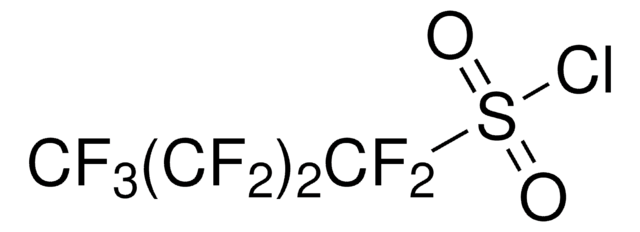WH0023569M1
Monoclonal Anti-PADI4 antibody produced in mouse
clone 4D8, purified immunoglobulin, buffered aqueous solution
Sinónimos:
Anti-PAD, Anti-PADI5, Anti-PDI4, Anti-PDI5, Anti-peptidyl arginine deiminase, type IV
About This Item
Productos recomendados
biological source
mouse
conjugate
unconjugated
antibody form
purified immunoglobulin
antibody product type
primary antibodies
clone
4D8, monoclonal
form
buffered aqueous solution
species reactivity
human
technique(s)
immunofluorescence: suitable
indirect ELISA: suitable
western blot: 1-5 μg/mL
isotype
IgG2bκ
GenBank accession no.
UniProt accession no.
shipped in
dry ice
storage temp.
−20°C
target post-translational modification
unmodified
Gene Information
human ... PADI4(23569)
General description
Immunogen
Sequence
AQGTLIRVTPEQPTHAVCVLGTLTQLDICSSAPEDCTSFSINASPGVVVDIAHSPPAKKKSTGSSTWPLDPGVEVTLTMKAASGSTGDQKVQISYYGPKTPPVKALLYL
Biochem/physiol Actions
Physical form
Legal Information
Disclaimer
Not finding the right product?
Try our Herramienta de selección de productos.
Storage Class
10 - Combustible liquids
flash_point_f
Not applicable
flash_point_c
Not applicable
ppe
Eyeshields, Gloves, multi-purpose combination respirator cartridge (US)
Certificados de análisis (COA)
Busque Certificados de análisis (COA) introduciendo el número de lote del producto. Los números de lote se encuentran en la etiqueta del producto después de las palabras «Lot» o «Batch»
¿Ya tiene este producto?
Encuentre la documentación para los productos que ha comprado recientemente en la Biblioteca de documentos.
Nuestro equipo de científicos tiene experiencia en todas las áreas de investigación: Ciencias de la vida, Ciencia de los materiales, Síntesis química, Cromatografía, Analítica y muchas otras.
Póngase en contacto con el Servicio técnico








